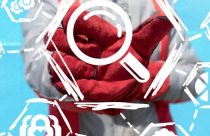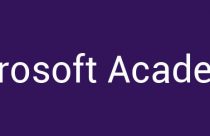How to Gather Information for Your Research Smartly

A graduate student who works with me once remarked that he “wasn’t very good at doing literature searches.” I replied that researchers often spend as much time in the library as they do in the lab, and that he had better hone his skills at gathering information if he wanted to make a career as a researcher. When it comes to gathering information for research papers or research programs, it’s important to be as efficient as possible in order to free up more time for actual research and writing. Here are some of the best ways I have found to gather information smartly.
Keyword Searches
It has never been easier to do literature searches if you know how to use the Boolean system for keywords—keyword1 “and” keyword2; plus keyword1 “or” keyword2. The former narrows a search that might otherwise generate too many responses to manage; the latter broadens a search when you are uncertain which keywords might be used in articles of interest. An author’s name might substitute for one or more keywords. There are many combinations using advanced search options and a little experimentation will give you a feel for what works best to pull up articles of interest.
Citation Searches
Guessing at keywords can be a hit or miss affair. Searching for citations is often a simpler way to locate references in an area of interest. If there is a key paper in an area, subsequent researchers will reference it in their papers. Searching for citations will generate publications that may be of interest, not only for research ideas but to include as references an eventual research paper. This can be a real shortcut when it comes to documenting past work. Of course, a really key paper will be cited so often that you may need to narrow the search with “and” keywords or pick a citation in a narrower area.
CA Selects
Abstracting services can be a time saver to keep up to date with the literature. The CA Selects service offered by Chemical Abstracts is one I have used. It offers current abstracts on thirty-three topics ranging from adhesives to zeolites. This is a cost effective way for a whole research group to stay up to date on several topics. In graduate school our group leader subscribed to five topics in areas of silicon, phosphorus, sulfur, and halogen chemistry. Each abstract would circulate by turn to each of ten group members, to be checked off and handed on to the next person. Our group leader touted CA Selects as a “relatively painless way to stay current in research,” and for people who are good at skimming abstracts I agree.









